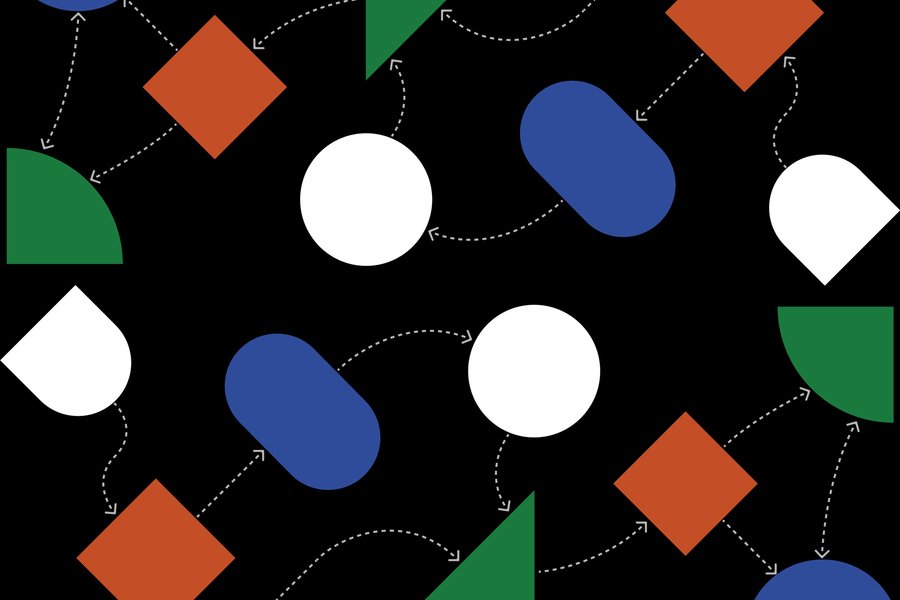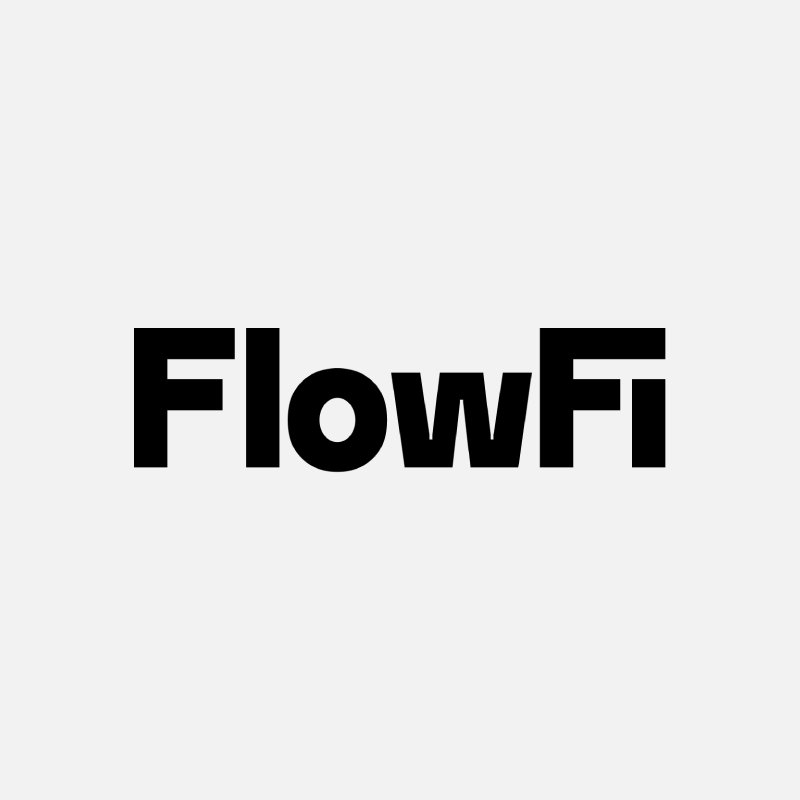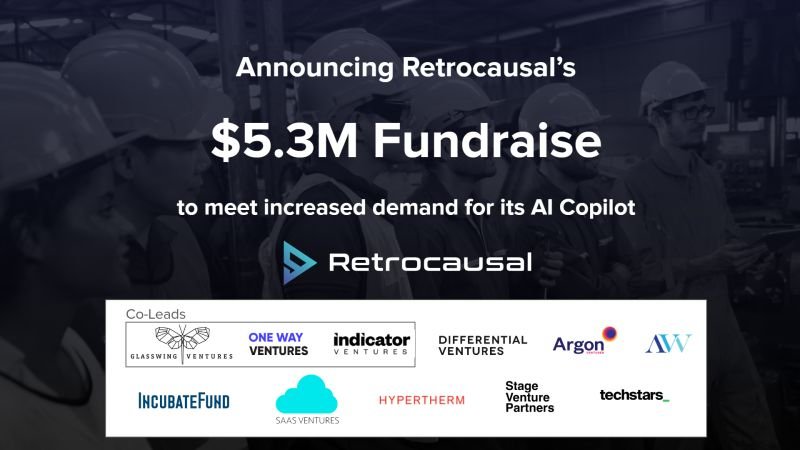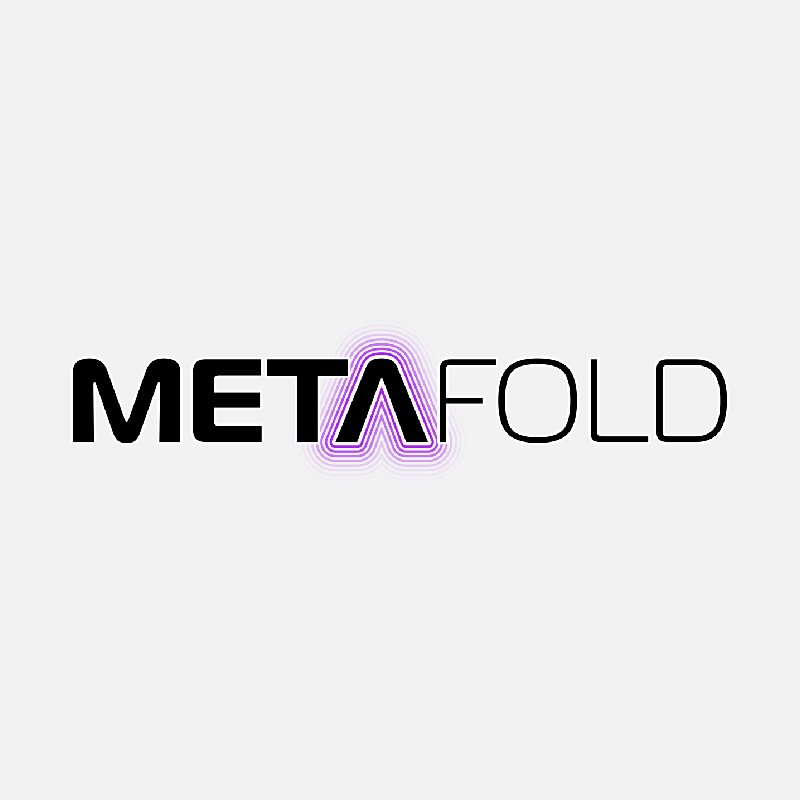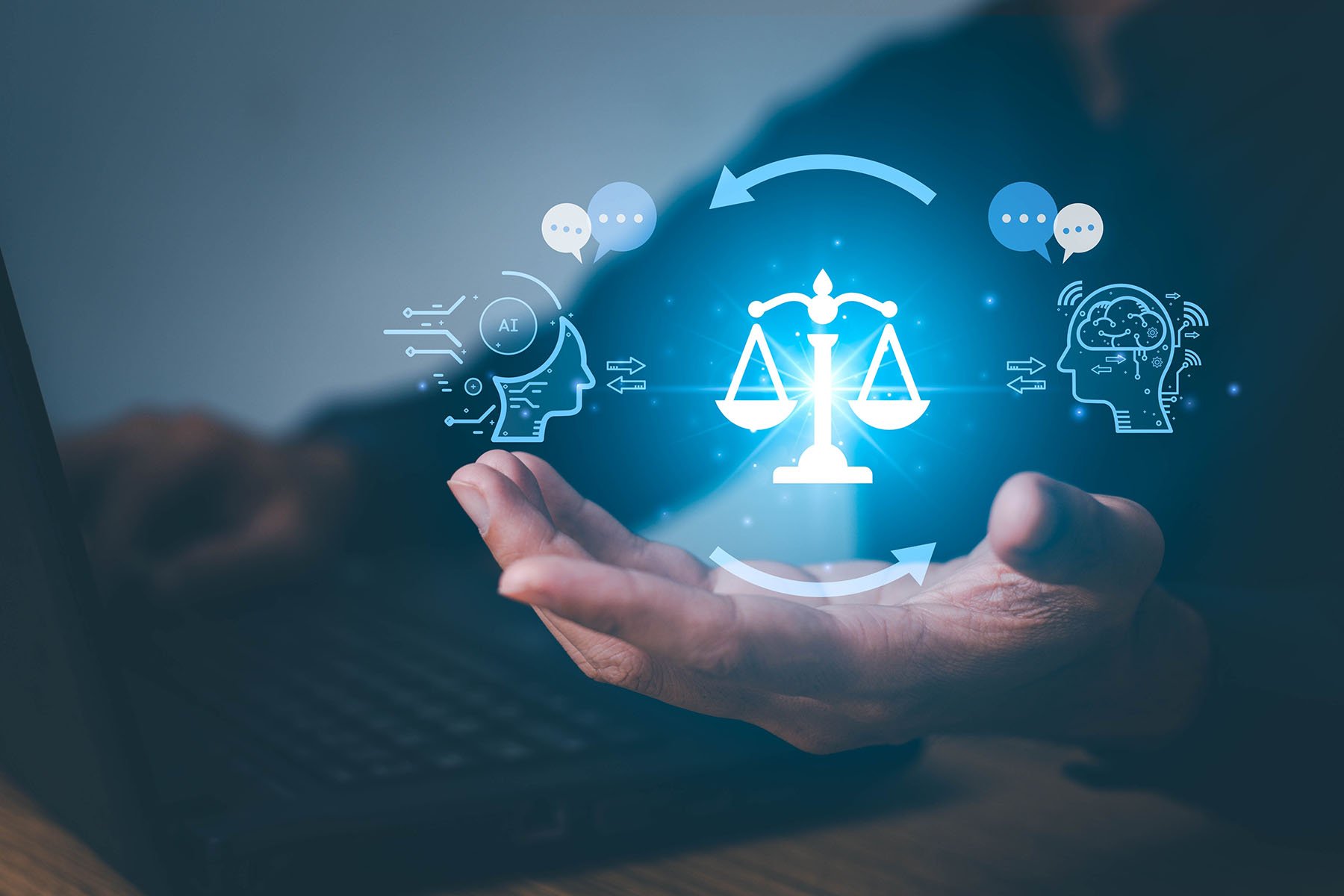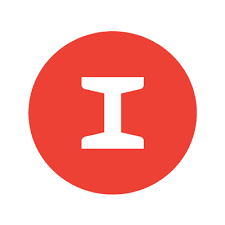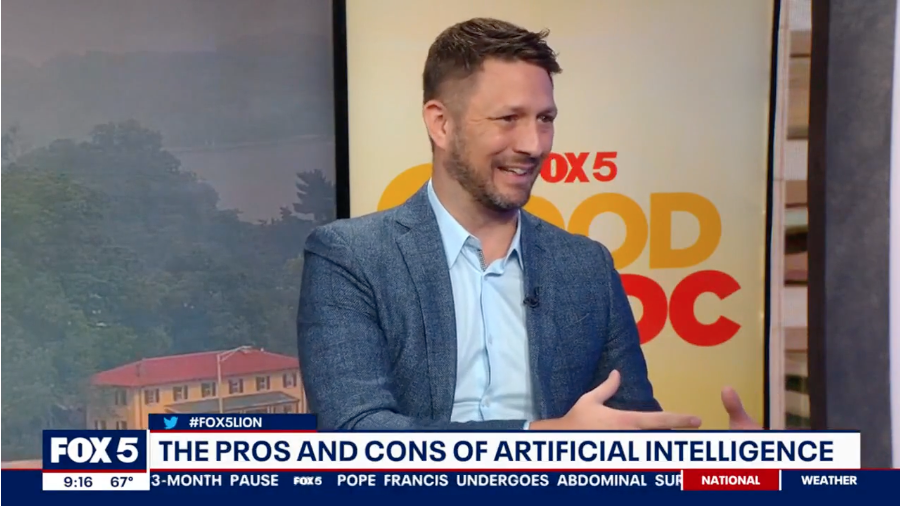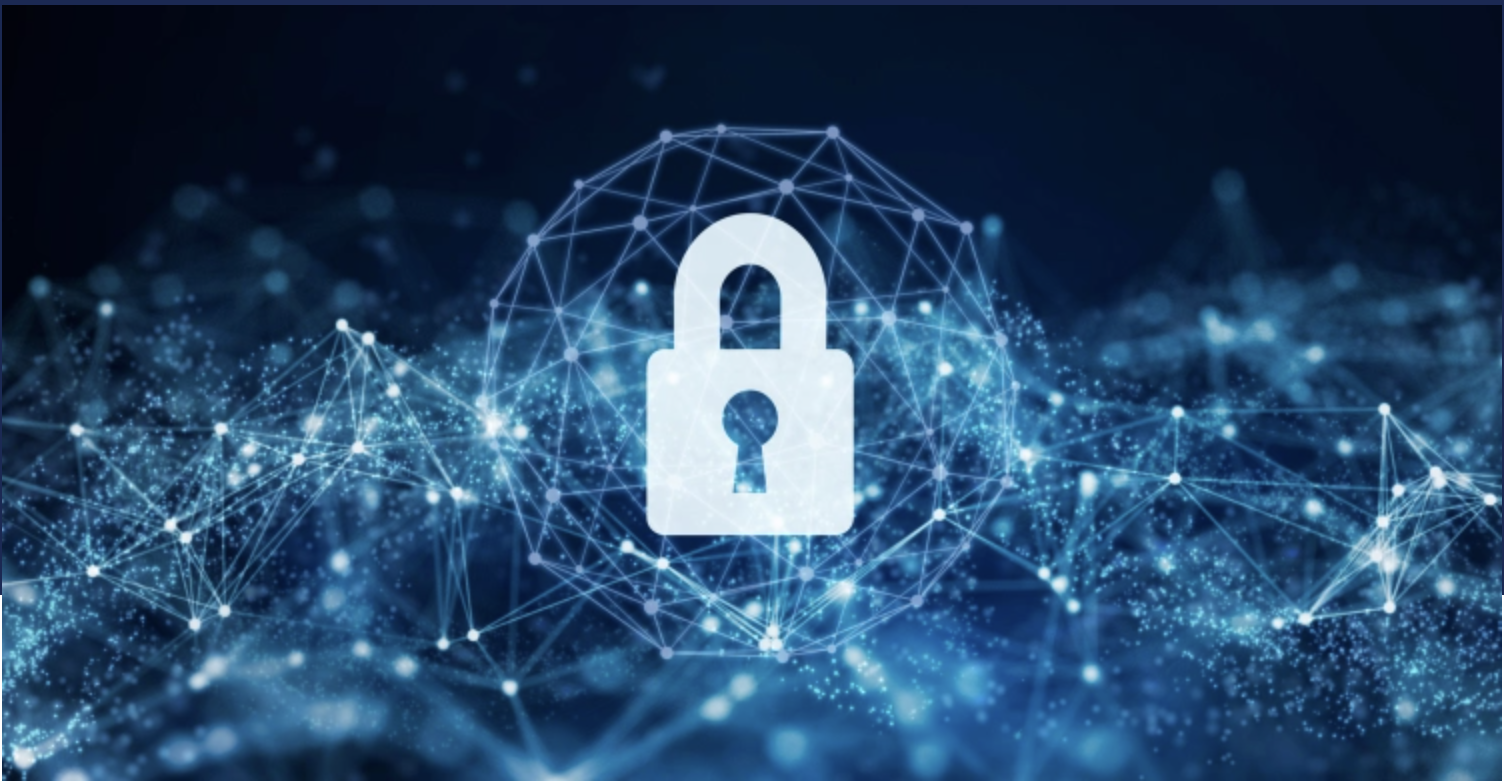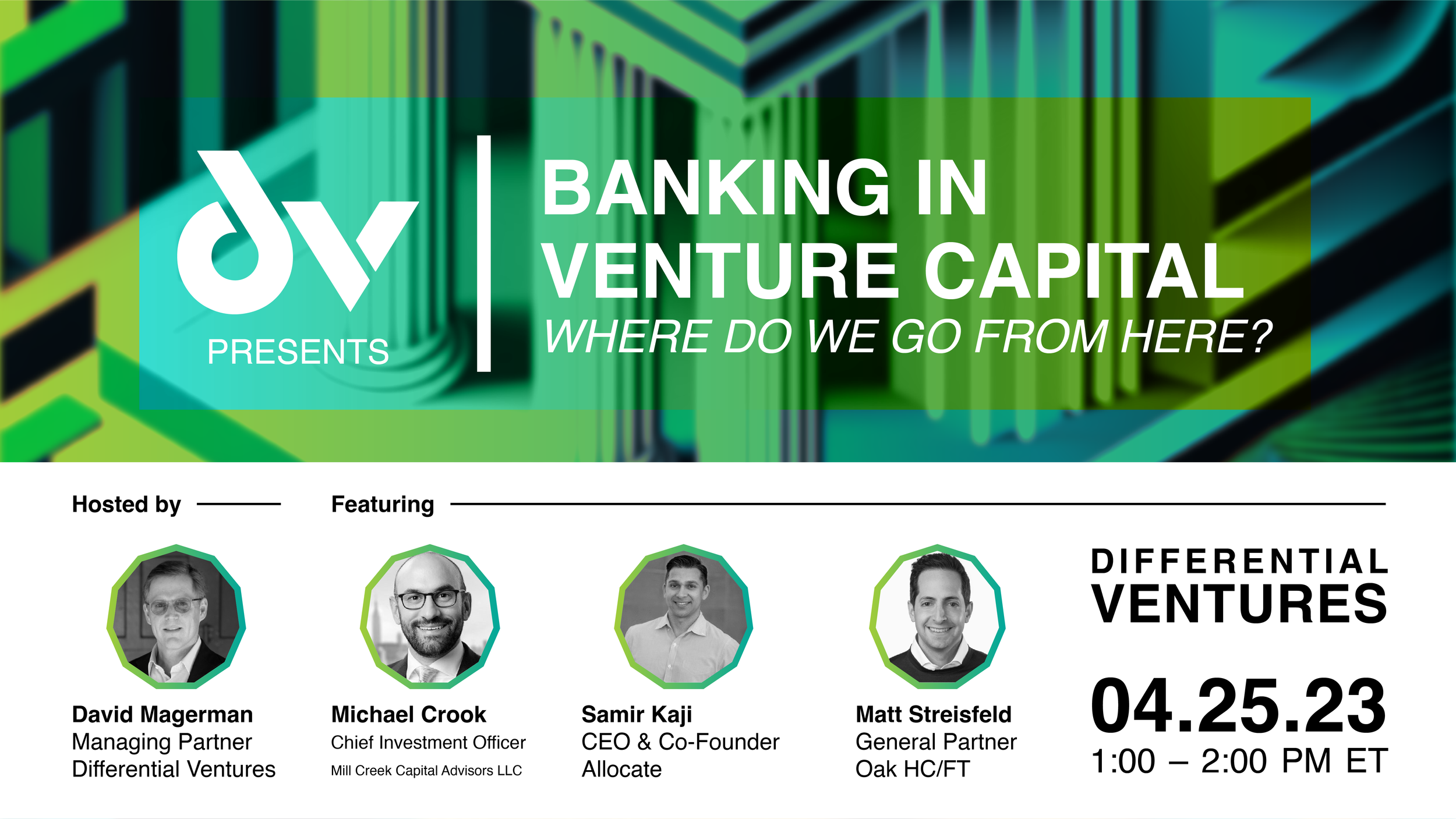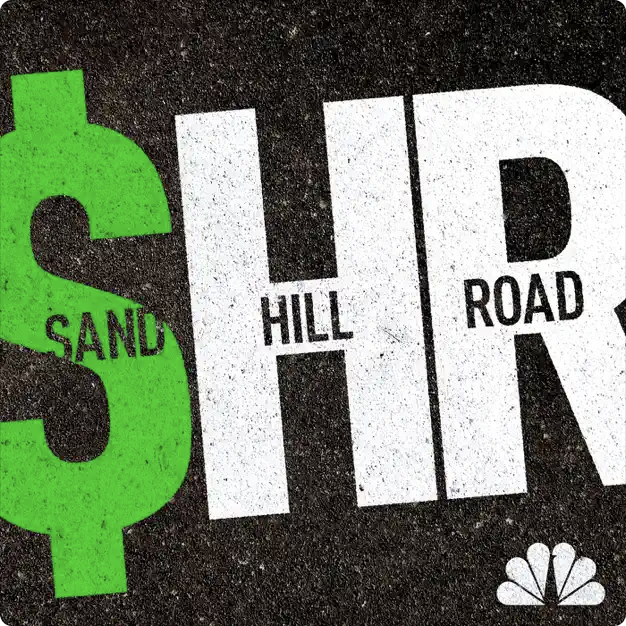'Leadership Series' with Jeremy Kirsch, former CRO of Opower
Today we are thrilled to launch our ‘Leadership Series.’ During this volatile time we want to highlight the experiences of business leaders who have navigated past downturns, made difficult decisions, and learned from their mistakes share some learnings in their own words. To kick things off, we are thrilled to have Jeremy Kirsch, former CRO [and my old boss] at Opower. Jeremy taught me more about preparation than anyone I have interacted with in business and he has experienced entrepreneurial adversity at various stages spanning 2001, 2009, and today.
-Nick Adams, Managing Partner
It was late September 2001, just after the 9/11 attacks which I had witnessed from the Naval Explosive Ordnance Disposal Unit in Newport Rhode Island where I was on reserve duty. As the Executive Officer of the associated Navy Reserve Dive Unit, I had spent that infamous day trying to figure out how to get my unit to New York City to assist. But today, three weeks later, I was back on campus at my alma mater, Stanford, for my 5-year college reunion. It was not only post-9/11, but it was post the Dotcom crash. What was particularly memorable about the reunion is that most of us were not working. I can still remember the awkward laughs between friends and classmates. Since graduating in 1996, I had spent four years as a Naval Officer and then, in addition to my reserve service, I had jumped into the world of technology startups. The 4-person startup I had been with had been unable to raise funding after April 2001, and so like so many on campus that day, I was trying to figure out what was next for me. I was 27 years old.
Eight years later, in April 2009, I was CRO of now the third early stage company I was lucky-enough to be a part of, and walking into my first Board Meeting after we had raised a $15M round, just a few short months earlier. I remember being really nervous walking into the room as my team and I had just done what no CRO wants to do…we posted a quarter with no new sales. We were in one of the worst parts of the Great Recession after the housing crisis hit in September 2008, but our business was working with electric and natural gas utilities and this slowdown wasn’t supposed to affect us. It was just after my birthday, I was 35 years old and recently married.
Fast forward to 2020, like many of you reading this, I wasn’t sure exactly what to make of the COVID-19 pandemic as it hit the US in early March. I had just returned from a family trip on March 7. But, as I spoke with friends of mine on the hospital front lines that weekend, it became clear that things were going to be very different and difficult for many of us in the coming weeks and months. In addition to now being a father of three girls all under the age of ten, I have been incubating a new company and we were hoping to bring it to market and start operations in the coming months.
I am by no means unique, and many of you have had similar experiences over the past few months and likely some portion of the past 20 years, if not longer. But, I wanted to share a few of these experiences because there is a lot of uncertainty right now, and in the face of uncertainty we all look for things to help ground us. And while there are many elements of our lives that are taking up well-deserved time and energy these days, like our families or working on the front lines of the COVID-19 response, I did want to share a couple of principles I found particularly helpful professionally at the three points in time described above.
Don’t be too proud.
There can be a notion for some of us that we need to be able to figure everything out on our own. That’s a fallacy. There are a lot of people who can help each of us, and would be happy to help, if only we asked. After that reunion in September 2001, I realized that not everyone was CEO of their own high-flying Internet company, and if they had been, well they too were now trying to figure out what was next. So, I started speaking with folks whom I knew and respected, including folks much more experienced than I was at the time. When I spoke with them, I asked for their guidance and mentorship. This wasn’t a sign of weakness, and was the truth. It was frankly what I needed. Through these conversations I was lucky enough to find a great mentor, and who remains one to this day. He and I had a connection through the Navy, and in 2001 he was COO of one of those high-flying Internet companies, which wasn’t as high-flying anymore. He needed some help and I went to intern for and learn from him. That internship turned into a fulltime job within a few months, and I actually went to work with him not once, but twice over the next five years. And all because I wasn’t too proud to ask for help.
Don’t spin it.
As I walked into that Board meeting in April 2009, one of our Board members put his arm around me and said, “Jeremy, it’s going to be ok”. I wasn’t sure what he meant at that exact moment, but it’s a moment that I will never forget. It was a hard meeting over the next several hours. But, we went over the thesis of the business, our strategy, and our tactics. I explained to the Board exactly what we had done in that first quarter, and why I had conviction that what we were doing was going to work in the ensuing quarters, just as we had discussed during the fundraise. I was transparent and honest. I also assessed what I thought we didn’t do right, and what we learned from that. I was vulnerable. Our business was an enterprise business, so contracts were large, and in those days, fewer and further-between than we would have liked. But, the point was, I didn’t spin it at all. And what our investor wanted to see, in addition to a great product and large market opportunity, was honestly and conviction, grounded in reality and a plan. As we walked out of the meeting later that day, my face was less ashen than it had been when we walked in and the same Board member put his arm around me again and said, “see…it’s going to be ok”. He then gave me a hug. I am pretty sure he wasn’t sure himself until he sat through the meeting. Luckily, he came out the other side with a renewed sense of trust in me, our leadership team, and in what we were doing.
Know your timing.
In trying to launch a new company in the middle of the COVID-19 pandemic, for many of us it’s hard to know exactly what to do and where to focus. As entrepreneurs, we are all hard-wired to work feverishly, push through any obstacle, and constantly have things in motion. But, is there a world where one should slow down and maybe do nothing? While there are always things to be done, especially in early-stage startups, sometimes one does have to wait. My new venture is best positioned leveraging a couple of strategic partnerships to most-effectively enter the market, and during COVID-19, those partners have understandably had bigger priorities. Negotiations have been slowed or stopped. In a very uncertain environment, we are now waiting. But this patience is critical as with any value-creating opportunity, whether a sale, partnership, or joint-venture, the value has to be there for both parties. And that requires that the timing be right. And so, yes, there are times to slow down and maybe even do nothing on elements of the business that might have been the number one priority only days earlier. This organizational self-awareness is critical and has already been rewarded as our partners are starting to come back to the table now that they can start thinking about what is next. We thankfully gave them the space they needed over the past eight weeks.
So while each of us navigates our own personal and professional waters during this time of COVID-19, there is unfortunately no one, same course to chart that will work for each and every one of us. But, hopefully each of us can return to some of the first principles that seem to be somewhat timeless and applicable in not only our business-as-usual, but in times of particular uncertainty. I’ve tried to pay forward some of what I’ve experienced over the past twenty years. Don’t be too proud. Don’t spin it. Know your timing.
My heartfelt thanks to all of those on the front lines working 24/7 to keep us healthy, fed, and safe in this tough time. And if I can be of further assistance, please don’t hesitate to reach out. I am a big believer in doing my small part to pay it forward.
-Jeremy Kirsch







